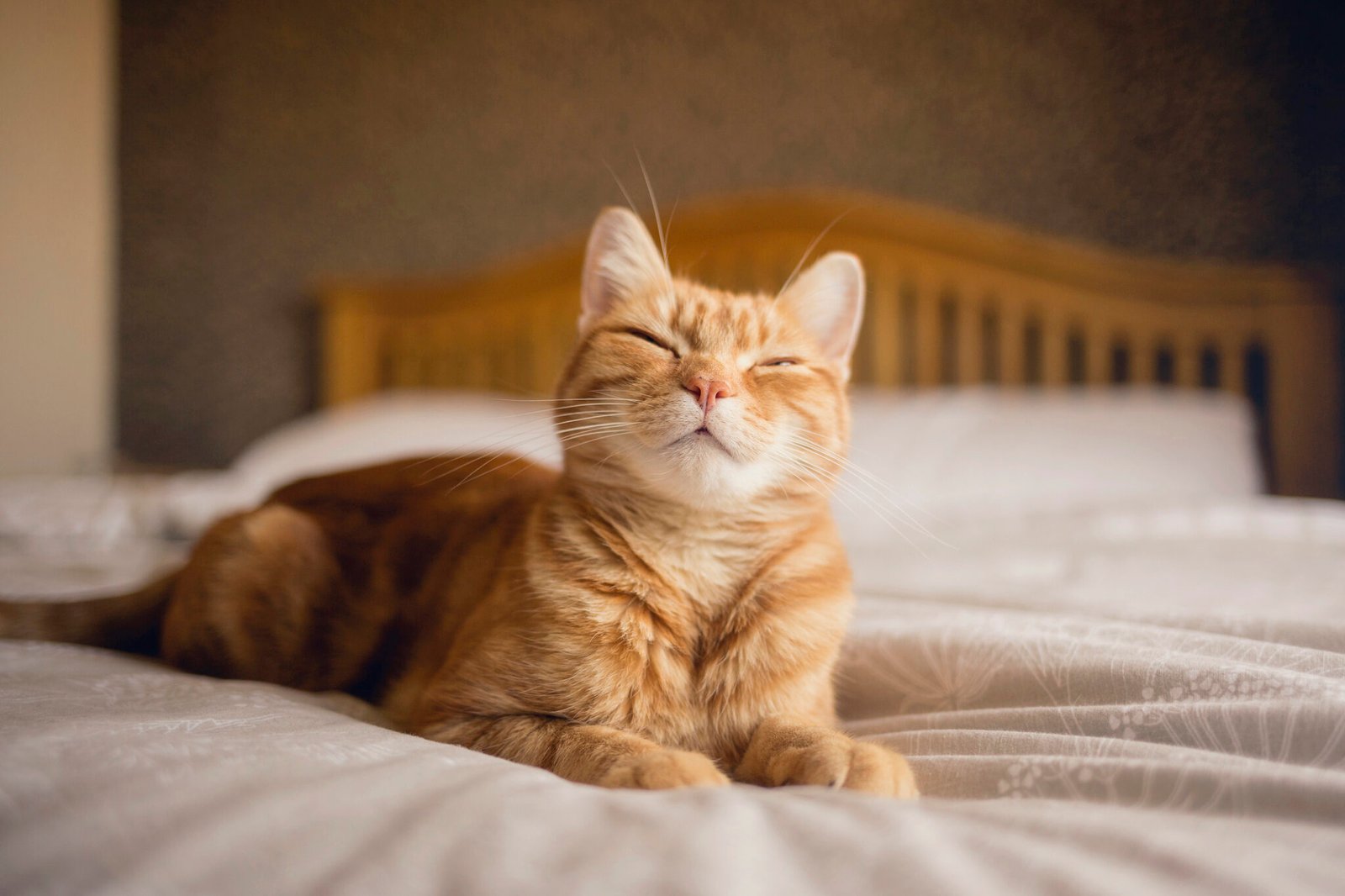Knowing the significance of growth hormone in cats can assist pet owners in making health-related decisions for their feline companions.
Particularly in the context of feline health, the use of growth hormones in veterinary medicine has drawn a lot of interest recently.
Being knowledgeable about the possible advantages and disadvantages of growth hormone for cats is essential for responsible pet owners.
You’ll know more about the function of growth hormone in feline health at the end of this piece, and you’ll be better prepared to make decisions that are best for your cat.
What Is Growth Hormone, And How Does It Work In Cats?
Cats’ growth and development depend heavily on growth hormone, sometimes referred to as somatotropin. Production and release of it originate from the pituitary, or pituitary gland, a small gland located at the center of the brain.
Growth hormone functions by stimulating the liver for another hormone production called insulin-like growth factor 1 (IGF-1). IGF-1 then acts on various tissues in the body, promoting cell growth, division, and differentiation. This process is essential for the growth and development of bones, muscles, and organs in cats.
In addition to its role in growth, growth hormone also helps regulate metabolism, enhances immune function, and supports the maintenance of healthy body composition. It controls the production of proteins, the breakdown of lipids for energy, and the balance of energy in the body.
Growth hormone secretion is altered by several factors, including nutritional status, stress, exercise, and age. It is typically highest during periods of rapid growth, such as kittenhood, and gradually declines as cats reach adulthood.
What Are The Benefits Of Growth Hormone For Cats?
Growth hormone therapy for cats, also known as GH therapy, can have several potential benefits. Here are a few:
Increased growth
Growth hormone for cats can stimulate growth in cats who have growth hormone deficiencies or stunted growth. It helps promote bone and muscle development, allowing the cat to reach their full growth potential.
Improved Body Condition
Cats with certain health conditions or malnutrition may have poor body conditions, including a lack of muscle mass and a thin appearance. GH therapy can help these cats gain weight and develop a healthier body condition.
Enhanced Immune Function
Growth hormone affects how the immune system develops and operates. By boosting growth hormone levels, GH therapy can help improve the cat’s immune response and overall health.
Faster Recovery From Injuries
Growth hormone is involved in tissue repair and regeneration. Cats undergoing Growth Hormone therapy may experience faster healing of wounds and injuries, as well as improved recovery from surgery.
Increased Energy And Vitality
Cats with growth hormone deficiencies may lack energy and appear lethargic. Growth Hormone can help improve their energy levels and overall vitality, allowing them to engage in more physical activities.

What are the alternative options for cats with growth-related conditions?
Before considering growth hormone therapy, it is essential to explore alternative treatment options.
Depending on the specific condition, there may be other approaches, such as dietary modifications, supplements, or medications, that can help address growth-related concerns in cats.
Consulting with a veterinarian will provide valuable insights into the most suitable treatment plan for your feline companion.
When Does A Cat Need Growth Hormone Therapy?
Growth hormone therapy for cats is not a common treatment, but it may be considered in certain cases. Here are a few situations where a cat might need growth hormone therapy:
Delayed Growth
If a cat is significantly smaller in size compared to other cats of the same age, it might indicate a growth hormone deficiency. In such cases, growth hormone therapy can be considered to help stimulate normal growth and development.
Growth Retardation
Certain medical conditions or diseases can lead to growth retardation in cats. Growth hormone therapy can be used to promote catch-up growth and help the cat reach a normal size and weight for its age.
Congenital Disorders
Some congenital disorders affect the body’s ability to produce or utilize growth hormone effectively. In these cases, growth hormone therapy can be used to compensate for the deficiency and support healthy growth.
Recovery From Illness Or Injury
Cats recovering from serious illnesses or injuries may experience weight loss and muscle wasting. Growth hormone therapy can be beneficial in these cases to aid in muscle regeneration and overall recovery.
Bottom Line
As responsible cat owners, it is our duty to provide the best possible care for our feline companions. It is crucial to consult with a veterinarian before considering any hormone therapy or supplementation. Let us prioritize the health and vitality of our beloved cats, ensuring they lead happy and fulfilling lives.













